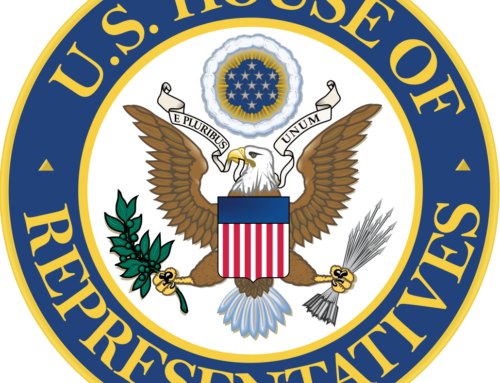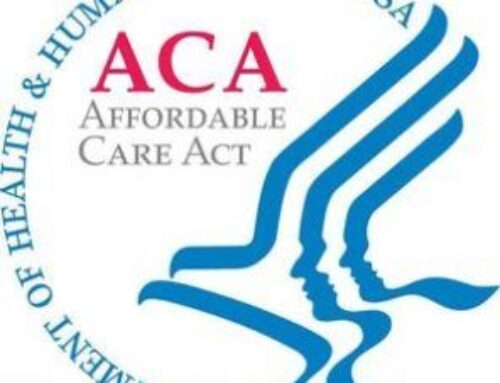
January 15, 2020– Today, Senators John Thune (R-SD) and Tom Carper (D-DE), reintroduced the Chronic Disease Management Act in the United States Senate (S. 3200). Co-sponsored by Senators Kevin Cramer (R-ND), Martha McSally (R-AZ), Kyrsten Sinema (D-AZ), and Tina Smith (D-MN), this bill builds upon its previous version (S. 1948) and includes criteria from the 2019 IRS guidance and further increases the flexibility of HSA-HDHPs to cover chronic disease services on pre-deductible basis.
The bipartisan legislation states:
(a) IN GENERAL.—Section 223(c)2) of the Internal Revenue Code of 1986 is amended by redesigning subparagraph (D) and subparagraph (E) and by inserting after subparagraph (C) the following new subparagraph:
“(D) PREVENTIVE CARE SERVICES AND ITEMS FOR CHRONIC CONDITIONS.—For purposes of subparagraph (C), preventive care shall include any service or item used to treat an individual with a chronic condition if—
“(i) such service or item is low-cost,
“(ii) in regards to such service or item, there is medical evidence supporting high cost efficiency of preventing exacerbation of the chronic condition or the development of a secondary condition, and
“(iii) there is a strong likelihood, documented by clinical evidence, that with respect to the class of individuals utilizing such service or item, the specific service or use of the item will prevent the exacerbation of the chronic condition or the development of a secondary condition that requires significantly higher cost treatments.”.
This amendment to the IRS code would provide health savings account eligible high-deductible health plans (HSA-HDHPs) the flexibility to cover services and drugs used to treat chronic diseases before meeting the plan deductible.
What does this mean, and why is it important?
This bill, in conjunction with Executive Order 13877 and Treasury Notice 2019-45, allows for the development and implementation of High-Deductible Health Plans-Plus (HDHP+). Adoption of this voluntary, clinically nuanced HDHP+ has the potential to mitigate cost-related non-adherence, enhance patient-centered outcomes, allow for premiums lower than most PPOs and HMOs. Recent V-BID Center research shows that the HDHP+ would provide millions of Americans a plan option that better meets their clinical and financial needs, and would likely reduce federal expenditures.
View the resources below for more information on HDHP+.





